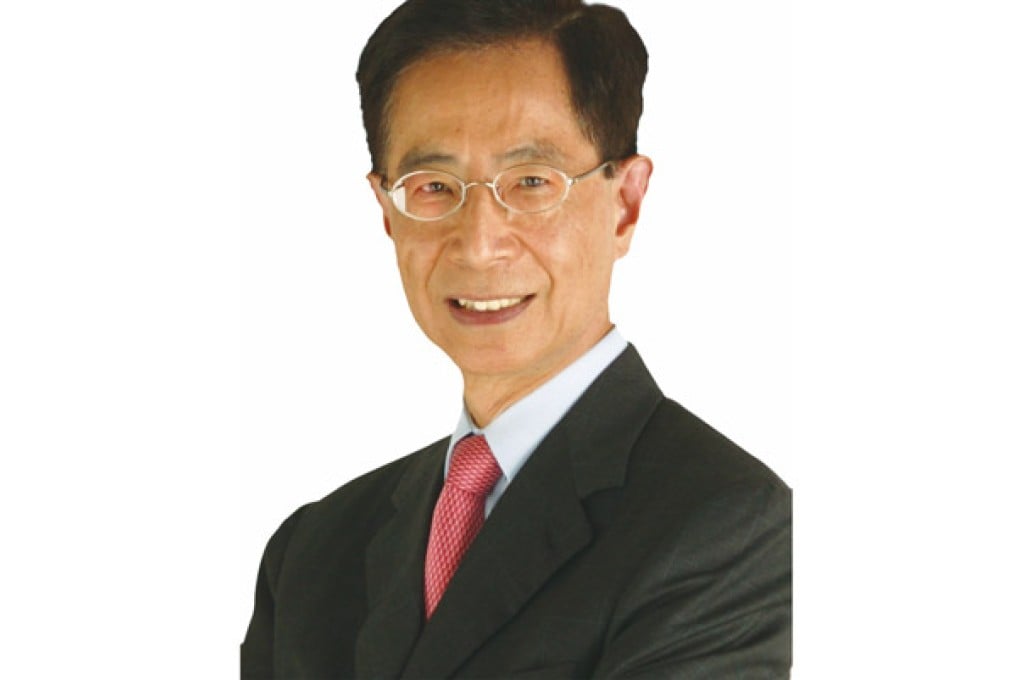Political Figure, Martin Lee
The Honorable Martin Lee is one of Hong Kong’s most recognized political figures. He’s the founding member of the Democratic Party, a former chairman of the Hong Kong Bar Association and a member of Legco. He talks to Scott Murphy about his life, and, of course, democracy.

I was born when my mother was on holiday in Hong Kong. It was 1938. She was playing mahjong and suddenly she said, “Trouble,” and I was born.
Before the Japanese occupied Hong Kong, my mother took us kids back to the mainland. My father was in the Kuomintang army then. When the war came to end, I was in a village in Guangdong - I remember because I heard lots of firecrackers. Then we returned to Guangzhou and studied there until the Communists crossed the Yangtze River. They were advancing very fast. Then my father took us to Hong Kong when I was 11.
We didn’t have too happy a life because my father was one of the few Kuomintang officials who did not take bribes, so there was not much money. Life was not easy.
One thing I respected my father for was that he was corruption free. He taught us money was dirty. He was a pharmacist and got a pharmacy doctorate in Lyons, France. He was a contemporary of Zhou Enlai. He had such a colorful life. But once I tell you about my father, you won’t write about me.
I’m number six. My younger brother is number seven.
My father had three wives. In those days it was proper to have more than one wife. If you had only one you were pretty weird.
I was playing table tennis, billiards, cards - just wasting my time - in what was called the Hong Kong House in London after I had finished part one of my bar exam. Then I saw this pretty girl come in. She’s now my wife.